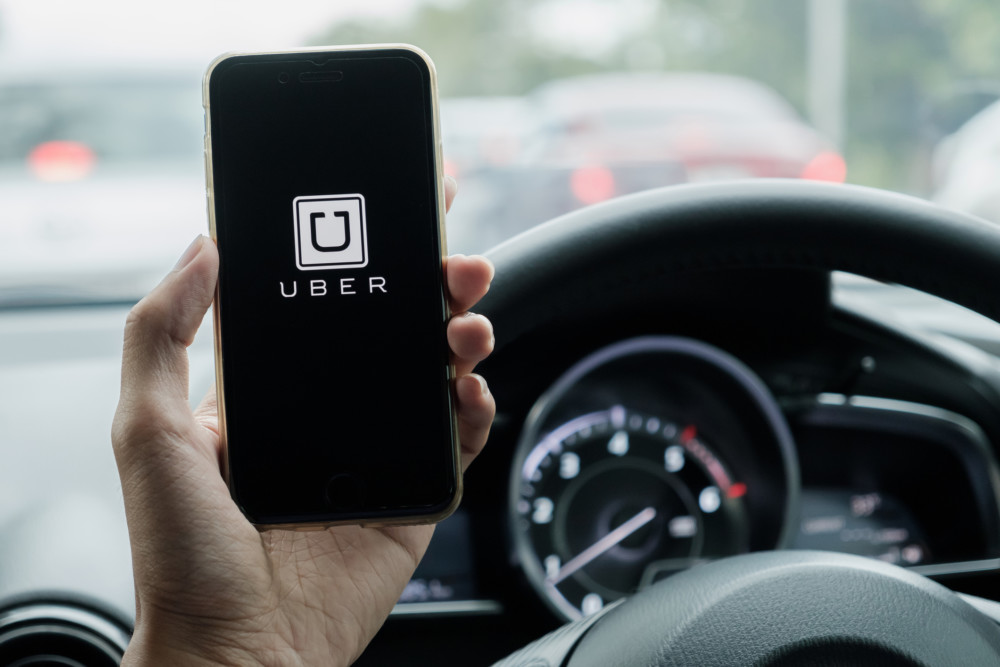By Denis Slattery
New York Daily News
WWR Article Summary (tl;dr) A new California labor law makes it harder for tech firms and other companies to classify workers as contractors. Could New York state be the next to take action on the gig economy? Denis Slattery takes a look.
ALBANY
Gov. Cuomo’s getting in on the gig — while some Dems in the Legislature have other ideas.
The governor’s budget proposal unveiled last week included a road map for protections for gig economy workers who don’t receive the same benefits that full-time workers enjoy and sets a deadline for lawmakers to take action.
The proposed panel would have limited time to address “the conditions of employment and classification of workers in the modern economy of on-demand workers connected to customers via the internet” and lawmakers would then have to take action before the end of the legislative session.
Should the Legislature not act on the task force’s recommendations, Cuomo’s plan would grant the Department of Labor the authority to make regulatory classifications regarding the status of “digital marketplace workers.”
Sen. John Liu, who is planning to pitch a bill addressing the issue, said he has no problem with the state agency proposing regulations, but bristled at the idea of a Cuomo-appointed panel directing the legislature.
“A task force is just a delay tactic. It’s smoke and mirrors. Why do we need a task force? These are not difficult issues,” he said. “I would like to address, through state law, when employees can really be classified as independent contractors as opposed to being treated as employees.”
A similar seemingly simple solution has caused controversy in California, where the change in labor law has been met with stiff opposition from all corners of the workforce.
The California law makes it harder for tech firms and other companies to classify workers as contractors. It also applies to people traditionally considered freelancers or self-employed entrepreneurs, such as writers and artists, leading to a number of legal challenges and exemptions.
In addition to Liu’s yet-to-be-introduced bill, a measure pitched late last year by Sen. Liz Krueger (D-Manhattan) calls for a commission to study the issue, while legislation sponsored by Sen. Robert Jackson (D-Manhattan) would redefine most independent contractors as full-time employees.
A bill sponsored by Sen. Diane Savino (D-Staten Island) and Assemblyman Marcos Crespo (D-Bronx) was put on hold last year as lawmakers opted to hold hearings and study the issue.
Savino said she’s OK with Cuomo’s task force, but would like to see it get the ball rolling as soon as possible instead of after the budget deadline of April 1.
“We have the opportunity to really do a deep dive into this and figure out who are the people who need to be protected in the marketplace, who do they need to be protected from, who is responsible for providing that protection, how do we not disrupt longstanding practices that existed before digital marketplaces existed,” she added.
A Senate source said that Democrats in the upper chamber will soon start work on a unified bill.
Complicating matters in the Empire State is the pitched battle between the labor movement, raising questions about union organizing among the potentially soon-to-be protected workers, and big tech.
New York State AFL-CIO President Mario Cilento commended Cuomo’s commitment to protect gig economy workers.
“We certainly are in a better place now, than we were at the end of last session,” Cilento told the Daily News on Monday. “In addition to creating a task force, the legislation would establish a framework to provide rights and protections to workers in the growing gig economy.”
Business groups and the tech firms behind the apps, meanwhile, have a very different view of potential regulations, claiming they will reduce the flexibility and independent nature of the industry and hit workers in the wallet.
___
Distributed by Tribune Content Agency, LLC.
















































































































































































































































































































































































